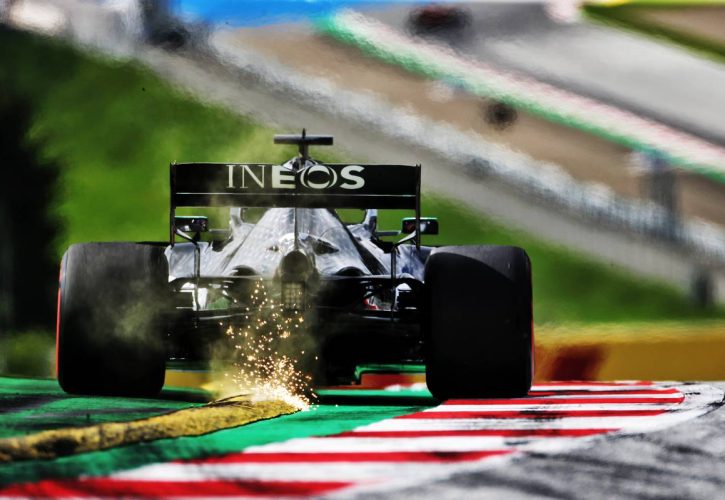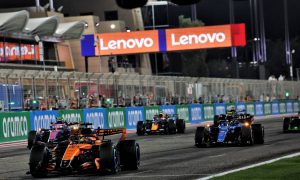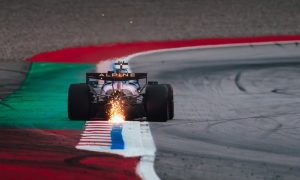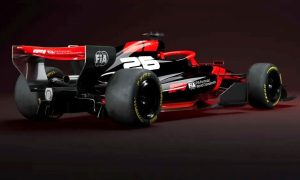
The FIA has informed F1 teams that it plans to ban special engine modes in qualifying after this weekend's Spanish Grand Prix.
Drivers typically rely on special engine settings in the Saturday afternoon grid-defining session to instill a brief boost of power to help a driver achieve gains over a lap.
Labeled "party mode" by Lewis Hamilton, the ploy has been exploited with great effect by Mercedes since the advent of the hybrid era in F1.
But a technical directive set to be implemented for this month's Belgian Grand Prix at Spa is expected to force teams to run identical engine modes in qualifying and on race day. Teams were informed of the plan in a letter sent to competitors on Tuesday by FIA secretary secretary general for motorsport Peter Bayer.
Needless to say, Mercedes and its customer teams are set lose the most from a purported ban.
The move would likely prove controversial at a time when several other contentious matters are on the table, namely the Racing Point brake duct legal case and the finalization of F1's new Concorde Agreement.
On the other hand, the ban would undoubtedly help level the playing field among the front-runners in qualifying, and potentially bring Red Bull closer to arch-rival Mercedes, which in turn could pose a real threat to Hamilton's seventh title bid.
But ultimately, one wonders about the timing of the FIA's decision. Why weren't "party modes" banned several years ago, before fortunes were spent on engine development? Or why is the ban not coming into force at the start of 2021?
Curious minds would like to know...
Gallery: The beautiful wives and girlfriends of F1 drivers
Keep up to date with all the F1 news via Facebook and Twitter







